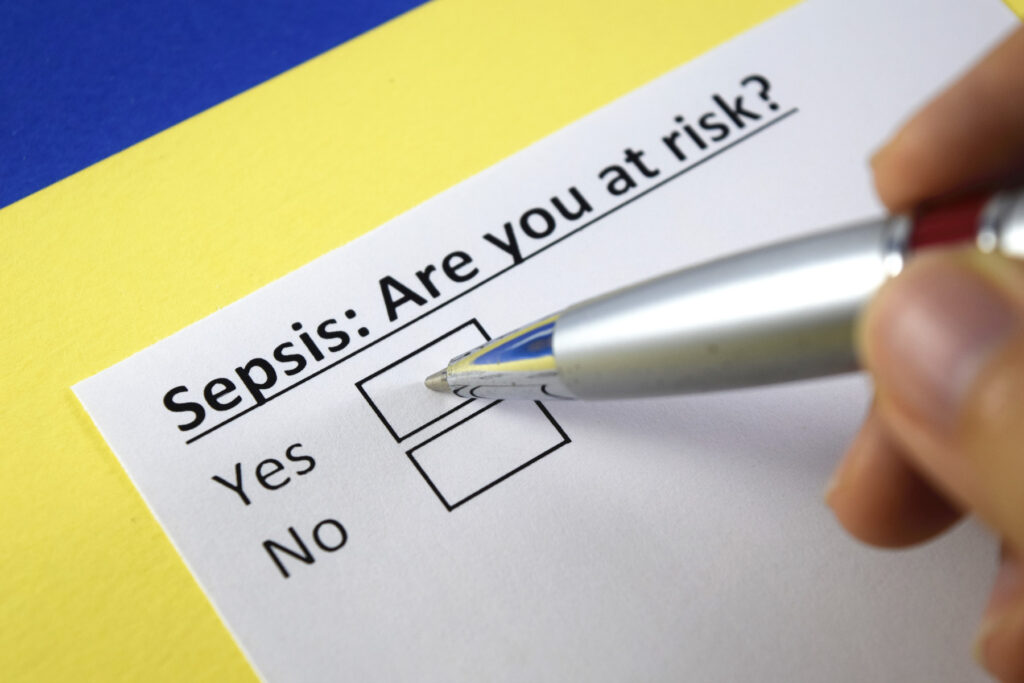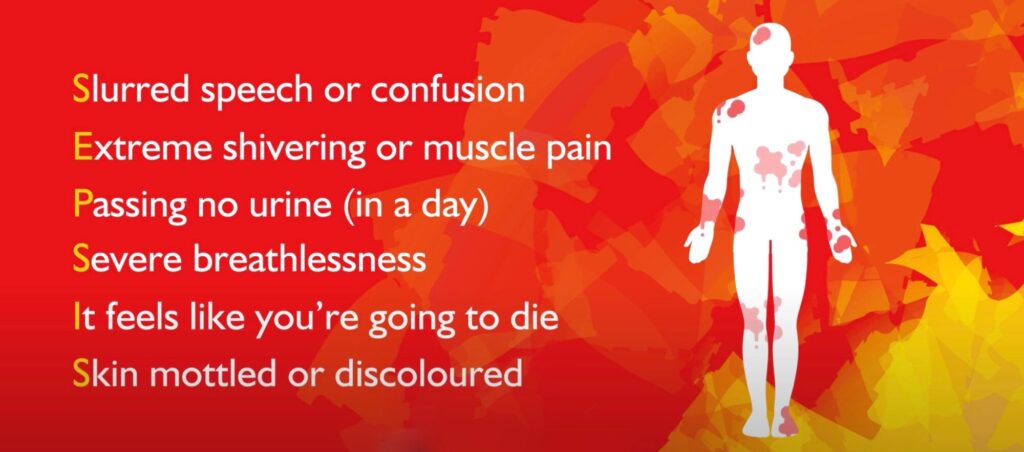New video warns farmers about sepsis risk
5th July 2023
Farmers are at increased risk of sepsis due to the nature of their work, prompting NFU Mutual and the UK Sepsis Trust to release a video to help farmers recognise the symptoms.
A new six-minute film is raising awareness of the danger of sepsis to farmers, who are more likely to suffer from infections due to the greater risk of cuts, falls, crush injuries and needle stick incidents.
The film features Hannah Binns, farming specialist at NFU Mutual, and Dr Ron Daniels, intensive care doctor and founder/CEO of the UK Sepsis Trust. They discuss sepsis risks and symptoms, and how farming families can protect themselves.
The video, launched today (5th July), follows the legacy of Hannah Brown, a 26-year-old Cumbrian livestock farmer, who tragically passed away on 26th March 2021, just two days after developing sepsis.
Also known as blood poisoning, sepsis is the immune system’s overreaction to an infection or injury. Without immediate treatment, it can result in organ failure and death.
Key sepsis risks to farmers:
- Cuts: Farmers are at risk of catching themselves on barbed wire, metal burs or hand-held tools. It’s important to keep cuts clean and dry and be aware of the risk of infection
- Falls: Farming in all weathers, falls are another risk. After any injury, whether there’s a break in the skin or not, be aware of the symptoms of infection and act quickly. Being laid up or less active for a few days can introduce other risk factors for sepsis such as urinary infections, chest infections and pneumonia
- Crush injuries: These can be equally worrying. A crush injury to the thigh for example can cause a swelling of blood inside the thigh. This is a “sitting duck” for infection to develop
- Needles: Stick injuries with multi-use needles carry not only the drug to be administered but also blood, bacteria and hair from the animals injected. Single use needles carry all the same risks if they are used more than once
- Illness: Farmers tend to keep working when they’re feeling unwell but sepsis is a medical emergency. For every hour treatment is delayed, the chance of surviving reduces by 1 or 2%.
The key ‘take home’ messages from Dr Daniels are: 1) If you or someone you care about is “not quite right” with an infection, call 111 or see a GP and ask “could it be sepsis?”. 2) If you have never seen them this unwell before, if you think they might be critically unwell, there are six symptoms to look out for. If any one of the six symptoms is present in the context of infection, go straight to A&E; this is a medical emergency, Dr Daniels said.
Sepsis symptoms:
Hannah Binns commented: “The very nature of farming means farmers can be more prone to grazes, cuts, falls and injuries that can become infected and potentially lead to sepsis.
“Living and working in rural and often isolated settings, means farmers cannot always get medical attention as quickly as they should.
“This video highlights the real risks of contracting sepsis on a farm. By watching it, we hope farmers learn important information that can potentially save lives and livelihoods.”


